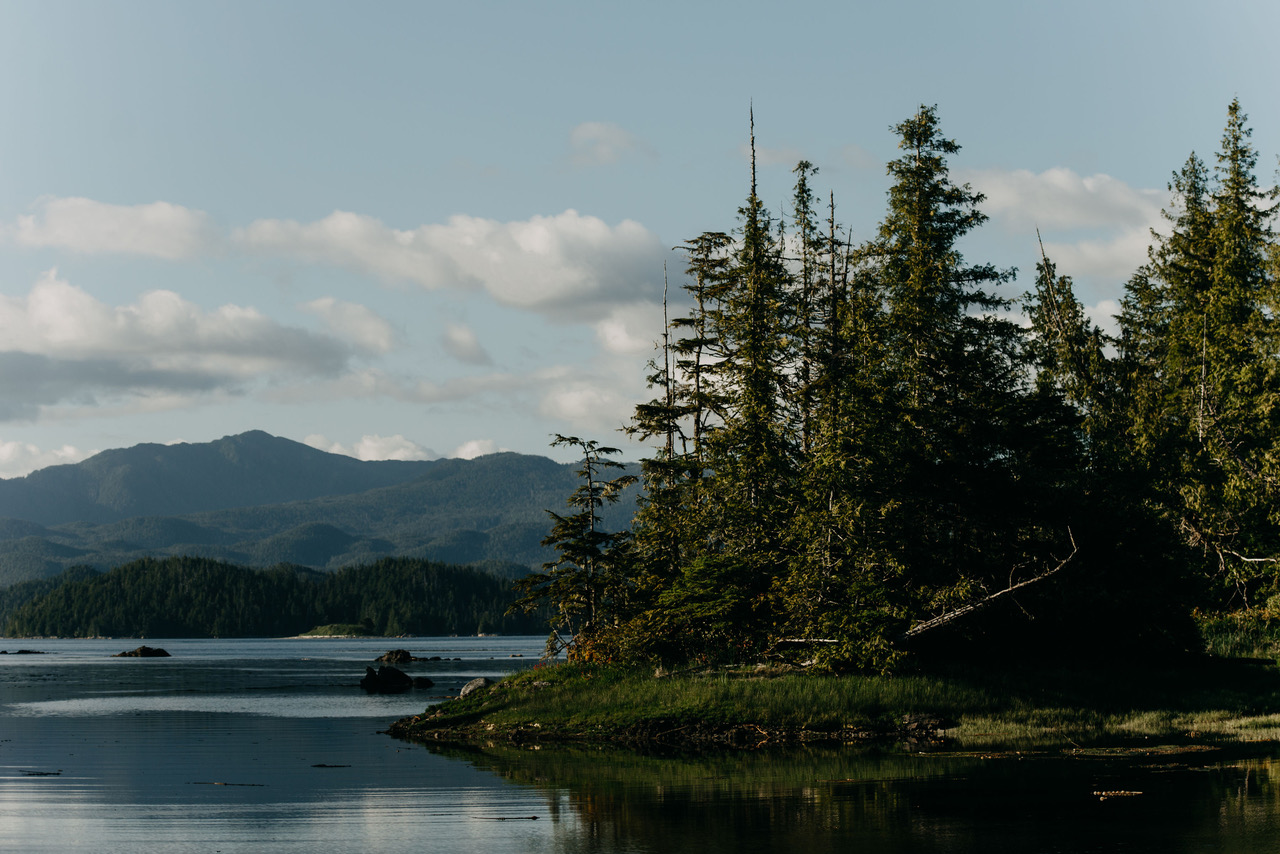
Dear Premier David Eby, Minister Osborne and Minister Cullen,
Our 17 organizations, coalitions and networks want to thank you and extend our support for the recent actions taken by the Government of British Columbia to implement interim measures halting mineral claim registrations and mining activities within the territories of the Gitxaała and Ehattesaht First Nations. These measures represent a crucial step towards meaningful reconciliation, where communities have a secure future with healthy forests and wildlife, clean water and thriving livelihoods.
The Gitxaała and Ehattesaht Nations were forced to spend years of time, money and energy in litigation against the British Columbia government to push back against ongoing development and dense mining claims over the heart of their homelands. This is emblematic of the systemic challenges Indigenous communities continue to confront.
Despite prevailing in court, Gitxaała and Ehattesaht were not granted any tangible relief on the ground. Perhaps the most egregious example of this was the registration of thirty mining claims in or on the edge of Ehattesaht territory since the launch of the court case to fight this exact practice. The interim measures now in place provide a measure of justice by addressing the immediate harm inflicted upon their territories through negotiation rather than further costly, time-consuming litigation, and could light the way for future processes that align with our commitments to UNDRIP.
It is urgent to depart from centuries-old colonial practices that delay and deny recognition of Indigenous rights, such as the free entry mining claim system. Affirming UNDRIP demands more than mere lip service; it requires concrete actions to halt ongoing injustices and collaboratively build equitable decision-making systems for the future. The current system also puts sustainable revenue sources and local communities at risk by allowing activities incompatible with local uses, such as drilling 100 metres away from an eco-resort and in the middle of recreation and guiding tenures. By utilizing existing tools to halt harm on the ground, we can work towards long-term solutions and demonstrate our commitment to meaningful reconciliation, community health, and a healthy future for all.
It is essential to recognize that implementing these interim measures does not herald catastrophe or turn the world upside down. Instead, it signifies a necessary departure from practices rooted in the 1850s gold rush era, which informed the crafting of our current and wildly outdated Mineral Tenure Act. With a court mandate to change the free entry system, we applaud the government for advancing engagement on Mineral Tenure Act reform, leading ultimately to its repeal and replacement.
The mining sector cannot achieve ESG standards without the free, prior and informed consent of Indigenous peoples in British Columbia. In addition, the only way that the BC and Federal governments will be able to advance their reconciliation, conservation and critical minerals goals is by freezing the industrial footprint and putting a pause on ongoing ecological harm while proper negotiation and engagement takes place for land-use changes and planning.
This use of “solution space” was crucial in reaching consensus in the Land Resource Management Planning (“LRMP”) processes in the Great Bear Rainforest in the early 2000s. By suspending any potential industrial activity in ecologically important areas under specific consideration for conservation, the collaborative LRMP tables were able to complete their work without the threat of imminent loss, as First Nations communities were working on their own land use visions. This approach enables thoughtful, respectful processes to do their important work, from land use planning to transformational policy reforms.
We applaud the Government of British Columbia for its willingness to take meaningful action in support of Indigenous rights, environmental protection, and reconciliation. Using clear measures on the landbase to put a pause for proper engagement and negotiation is the best path to certainty and security for all. As advocates for justice and sustainability, we stand ready to support further efforts to build a future where all communities can thrive in harmony with the land.
Sincerely,
Jamie Kneen, BC Mining Law Reform Network
Tori Ball, Canadian Parks and Wilderness Society, British Columbia
Mitch Friedman, Conservation Northwest
Jay Ritchlin, David Suzuki Foundation
Sarah Korpan, Ecojustice
Christianne Wilhelmson, Georgia Strait Alliance
Nikki Skuce, Northern Confluence Initiative
Lisa Matthaus, Organizing for Change
Leslie Anne St Amour, RAVEN
Shelley Luce, Sierra Club BC
Shannon McPhail, Skeena Watershed Conservation Coalition
Adrienne Berchtold, SkeenaWild Conservation Trust
Liz McDowell, Stand.earth
Aaron Hill, Watershed Watch Salmon Society
Jeneen Sutherland, Wilderness Tourism Association
Robyn Duncan, Wildsight
Nicole Olivier, Yellowstone to Yukon Conservation Initiative
Featured image: Gitxaała territory. Credit: Paulina Otylia Niechel
